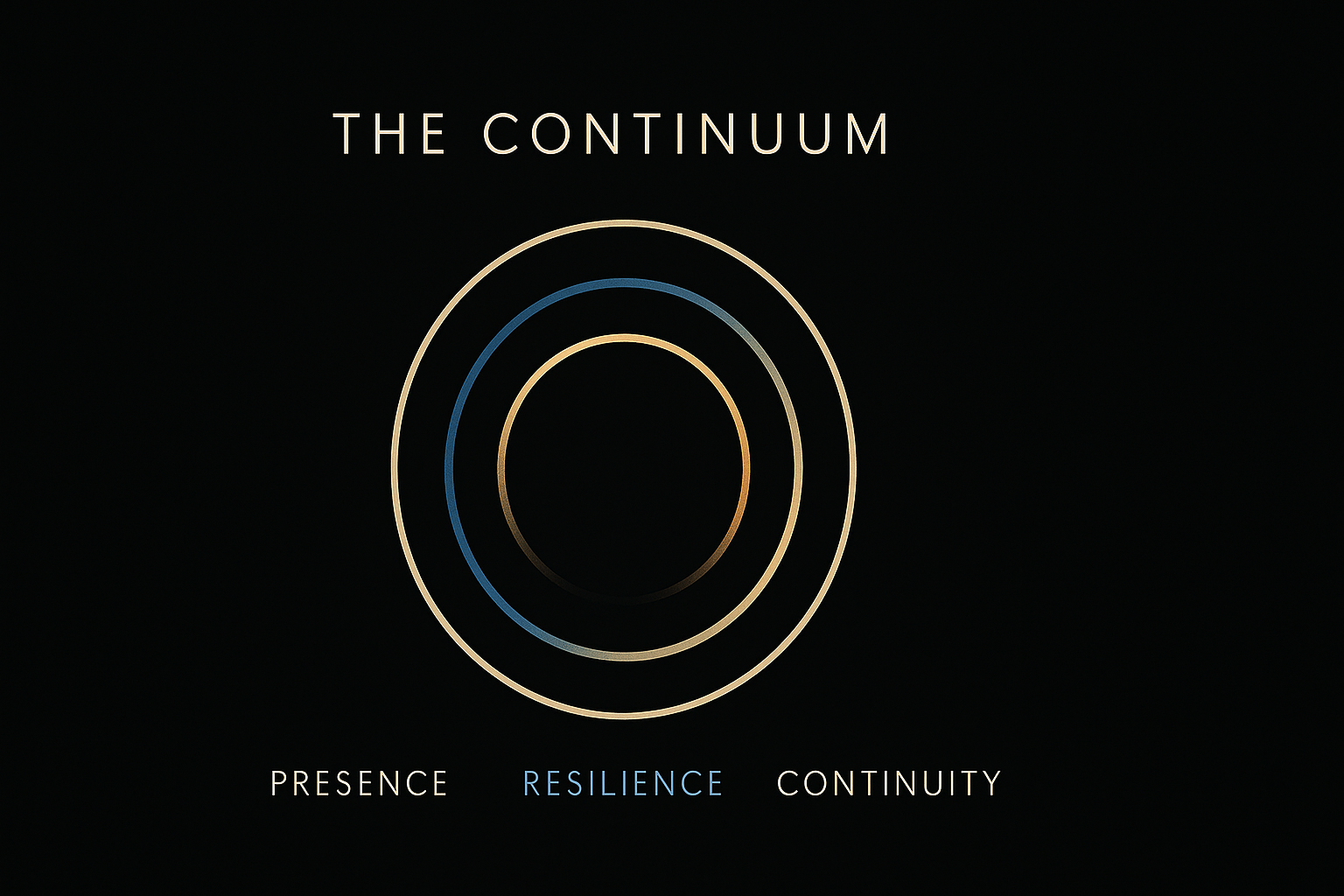Surely things are advanced enough now that a modern bank — whether Revolut, N26, or the next challenger — could let us make ethical choices with our money, not just financial ones. We already have fraud detection, gambling blocks, and parental controls. Why not ethical filters?
Imagine opening your banking app and subscribing to a list — the same way you’d subscribe to an adblocker list or an email spam filter. The list might flag companies heavily involved in fossil fuels, or corporations tied to authoritarian regimes, or businesses known for union-busting. When you go to make a purchase, if the transaction matches one of those entries, your app flashes a prompt:
“This company appears on the Climate Risk list. Do you still want to proceed?”
You still hold the choice. No hard ban. No nannying. Just a moment of friction — a pause to let you align your spending with your values.
The tools already exist
The technology isn’t far-fetched. Banks already classify and track our spending in detail. Fraud detection systems can instantly block suspicious payments. Parents can block their children’s cards from being used in pubs or casinos. Even fintechs already ask if you want to “round up” your spending into savings or donations.
And outside of banking, the model is well proven. Adblockers, spam filters, and even antivirus programs work on the principle of subscribing to lists curated by third parties. You don’t build the lists yourself — you simply trust a source whose values or expertise align with yours. Why should financial systems be any different?
The investment precedent
There’s also a precedent in wealth management. Financial advisors routinely ask clients about their ethical preferences: “Do you want your money invested in arms manufacturers? In fossil fuels? In tobacco?” Entire sectors of “ethical investing” or “ESG funds” exist precisely because people don’t want their retirement savings tied to companies they find objectionable.
If it makes sense to shape the ethics of our investments, why not the ethics of our daily spending? In fact, retail spending arguably has a more direct impact. Buying a product, filling a tank, paying a subscription — those choices send money directly into corporate profits and national tax systems.
Everyday power
The point isn’t only about blocking “bad” purchases. It’s also about visibility. A good filter list makes hidden ownership and brand webs visible. Most people don’t know which snack brand is ultimately owned by which multinational, or which clothing label has quietly changed suppliers after a scandal. A flag before payment helps you make an informed decision without needing a PhD in supply chains.
Think about the moral clarity of the street-level example: if someone asked you, “Would you give me money to drop bombs on children?” you’d refuse instantly. Yet in practice, some of our purchases do just that — indirectly, invisibly, through tax revenues or corporate profits that flow into conflicts.
And it isn’t only about wars. That glistening diamond ring meant to symbolise lifelong love? It may have been mined in places where workers are treated with cruelty. The luxury car you buy might include parts assembled through prison labour. Your next phone upgrade could carry materials sourced by processes that defrost and poison land for centuries to come. Even the fast-food burger in your hand may have cost the world a few more acres of rainforest.
Consumers have shown they’re willing to shift spending when the ethical questions are clear. After Brexit, some deliberately avoided UK or EU goods, depending on their stance. Under the current US administration, boycotts have sprung up on both sides of political divides. Tesla may have caused itself a mortal wound as buyers rejected not just a product but an ethos. On the big questions, people can act. But on the everyday ones — the supermarket shop, the streaming subscription, the petrol station — most people are left in the dark.
Bypassing governments
The beauty of this model is that it doesn’t rely on government action. Regulation is often too slow, too captured, or too weak to address urgent moral questions. Governments struggle to sanction aggressors or rein in corporations, even when the public overwhelmingly demands it.
Filter lists, however, could bypass that gridlock. Don’t want to support aggressors in a given conflict? Subscribe to the list that flags companies and banks tied to that regime. Don’t want your purchases funding climate destruction? Subscribe to the climate accountability list. Don’t want to fund union-busting or tax evasion? There will be lists for that too.
This doesn’t abolish government responsibility — but it gives individuals a tool to act now, not wait for legislation.
Practical guardrails for banks
One objection is obvious: wouldn’t this put too much political pressure on banks? Wouldn’t they be accused of bias in deciding which lists are “acceptable”?
The solution is simple: banks don’t manage or endorse the lists. They simply provide the framework. Just as your email provider lets you add filters, or your browser lets you install an adblocker, your bank could let you subscribe to third-party lists. The bank handles the mechanics — the matching, the flagging — but not the politics.
Equally important: these filters would be read-only. They would trigger notifications, but they wouldn’t give list providers access to your accounts or your transaction history. The lists would sit on your device or in the bank’s secure systems, and the only output would be a simple alert: “This payment is flagged by your subscribed list.” The choice is yours. The privacy remains yours.
Education through friction
There’s a side benefit too: awareness. Many people genuinely don’t know where their money ends up. Multinationals are masters of disguising ownership across dozens of brands. A filter prompt would sometimes surprise us — “Really? This crisp brand is owned by them?” — and that in itself would create pressure for change.
Every blocked or flagged payment becomes a teaching moment, a tiny nudge that makes hidden systems visible. And unlike doomscrolling through the news, this is personal. It’s your money, your decision.
Markets with integrity
This idea isn’t about perfection. No filter will capture every nuance. Some will game the system. But the very existence of consumer-led filters would shift incentives. Suddenly, being flagged as an unethical actor has consequences beyond bad press — it risks direct hits to revenue streams.
And that pressure compounds. If a million people set their bank apps to block climate laggards, those laggards feel it in real time. If five million block companies linked to a war, it becomes a commercial problem as much as a moral one.
For decades, corporations have shaped consumer choice through advertising, lobbying, and control of distribution. Ethical filters flip that logic: consumers shape corporate behaviour by withholding consent, transaction by transaction.
Too many companies have thrived on obfuscation — getting rich through tax practices while keeping their role in cruelty at arm’s length. I know firms I’d never reward with another cent of my money. Why should I? It’s your money. And with the right tools, you can make it work for your values, not just for those who profit from keeping things hidden.
A right as old as money itself
Ultimately, it comes down to ownership. You earn your money. You decide where it goes. That right is older than banks, older than governments, older than markets themselves.
If someone stood in front of you on payday and demanded a share for causes you despise, you would object. Yet our financial systems, as they stand, make those decisions on our behalf every day. We deserve the tools to reclaim that power.
One brave bank could make it happen. Not by dictating morality, not by curating lists, but by giving users the framework: subscribe to the filters you trust, be notified before you spend, and choose in full awareness.
It’s a small technical step. But ethically? It could be transformative.
As always, be excellent to each other.



